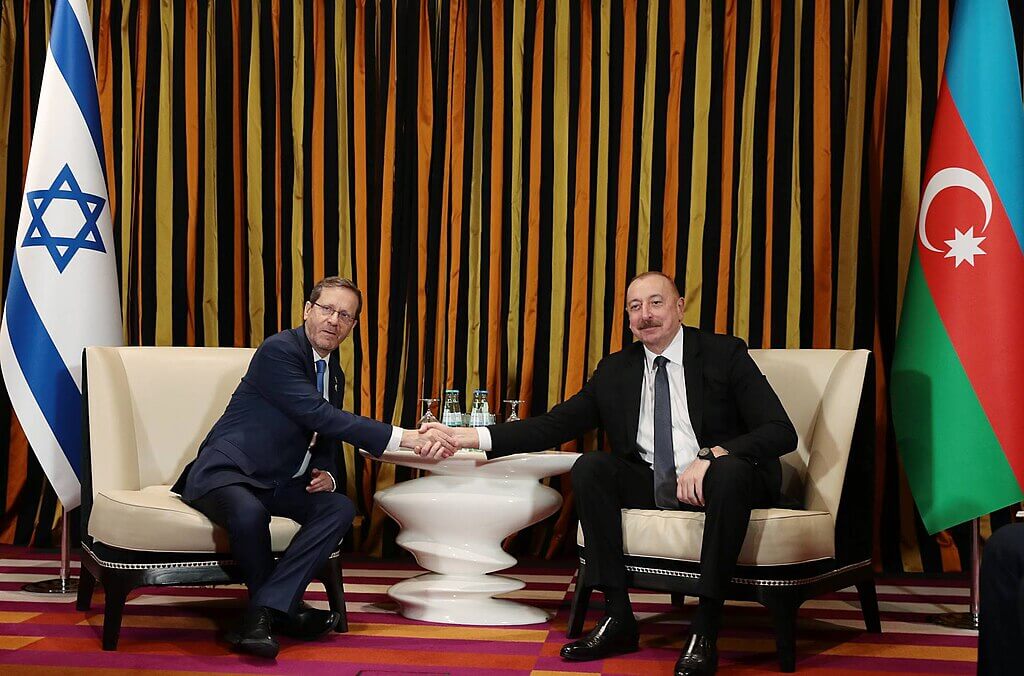
The December 2024 ousting of Bashar al-Assad marked a pivotal moment in Middle Eastern geopolitics, dramatically shifting the regional balance of power. For Iran, the downfall of one of its most steadfast allies represents a significant blow to its influence in Syria and across the broader Levant. While this moment will have immediate and far-reaching consequences, Iran’s loss of Syria also underscores the weakening of Tehran’s soft and hard power in the region. Since the bloody Syrian Civil War began, Iran has used Syria to boost its so-called Axis of Resistance, capitalizing on the power vacuum in the region to flood money, men, and material to its proxies. Indeed, the Iranian-Syrian alliance was not merely geopolitical but also ideological, grounded in shared resistance against Western and Israeli influence in the region.
However, repercussions from the Israel-Gaza war have dealt a heavy blow to Lebanese Hezbollah and by extension the Assad regime, effectively dismantling this axis. Iran’s access to the Mediterranean has been severely restricted, and its ability to threaten Israel via Hezbollah is now in jeopardy. With Syria in disarray, Tehran’s ambitions to dominate the volatile region look increasingly fragile.

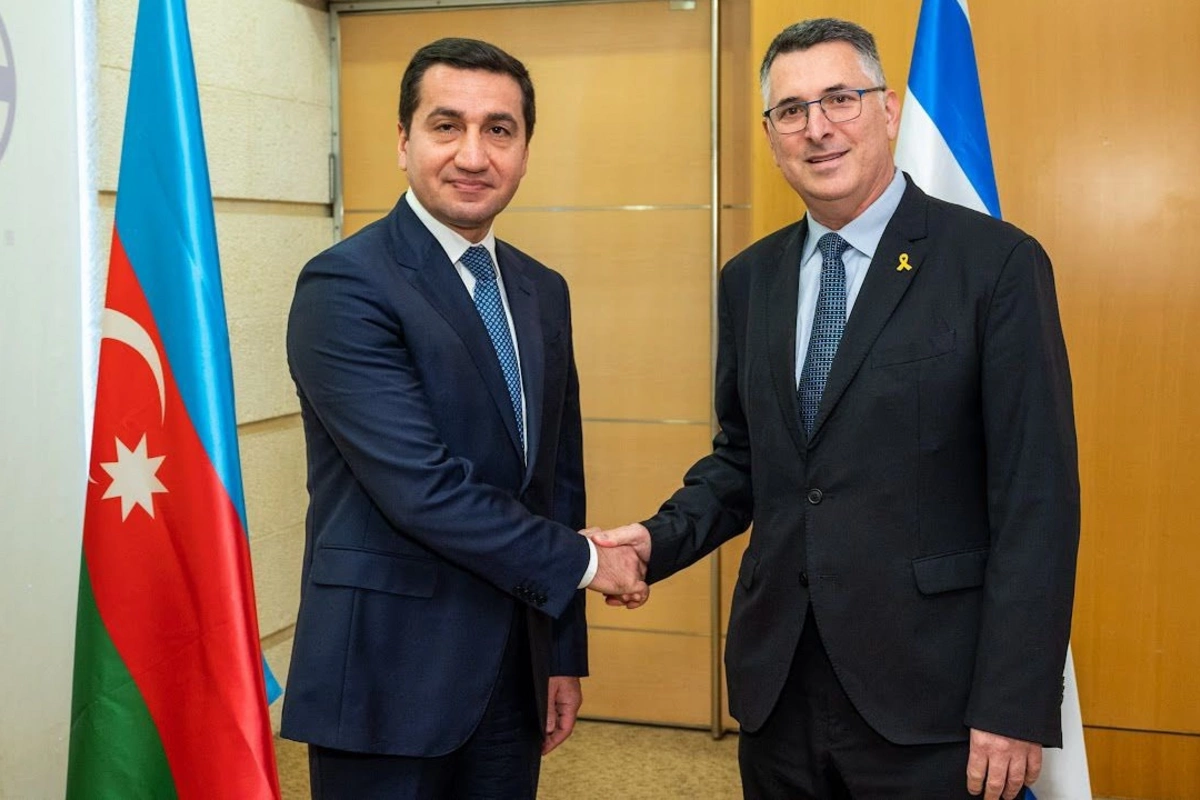
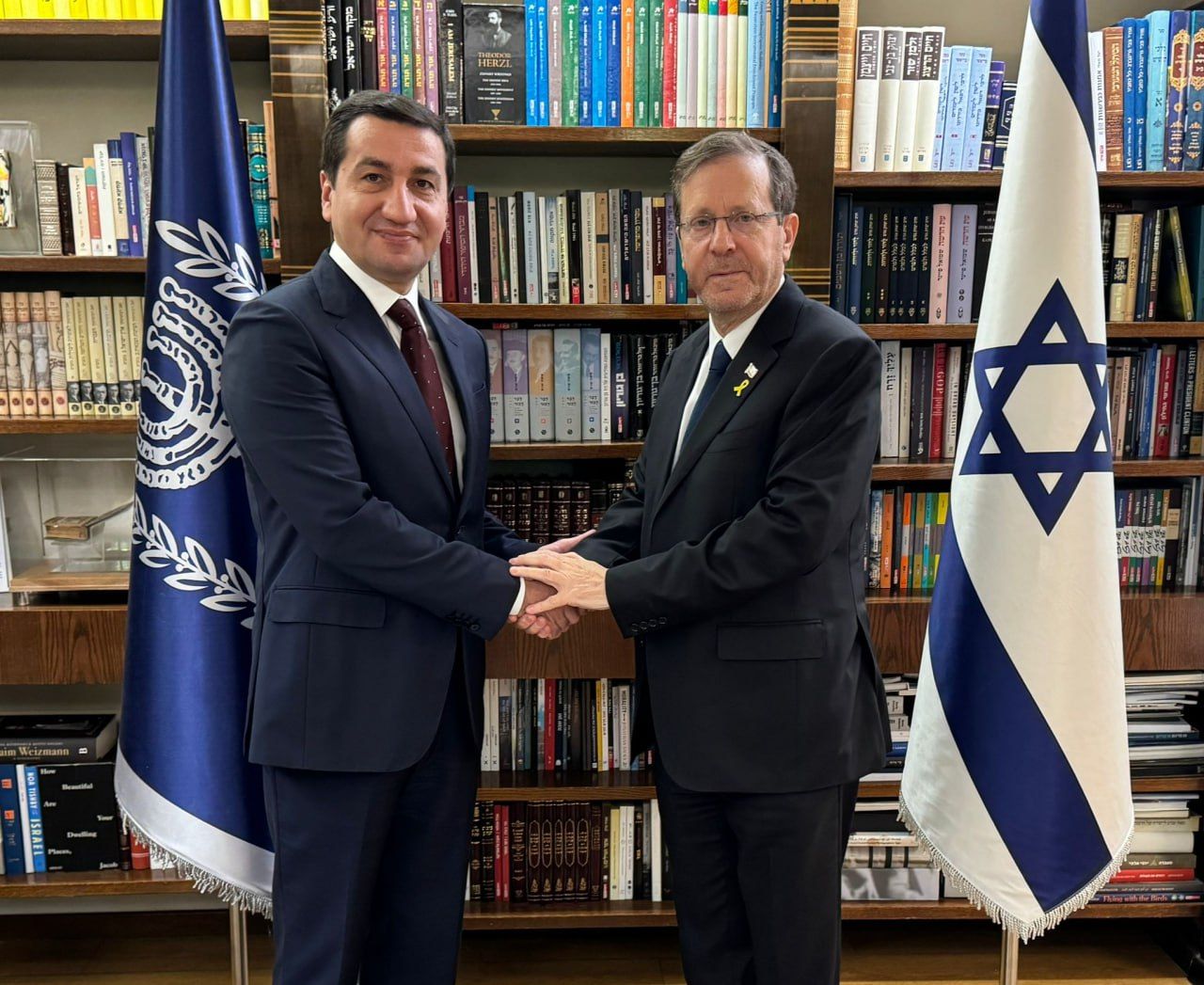

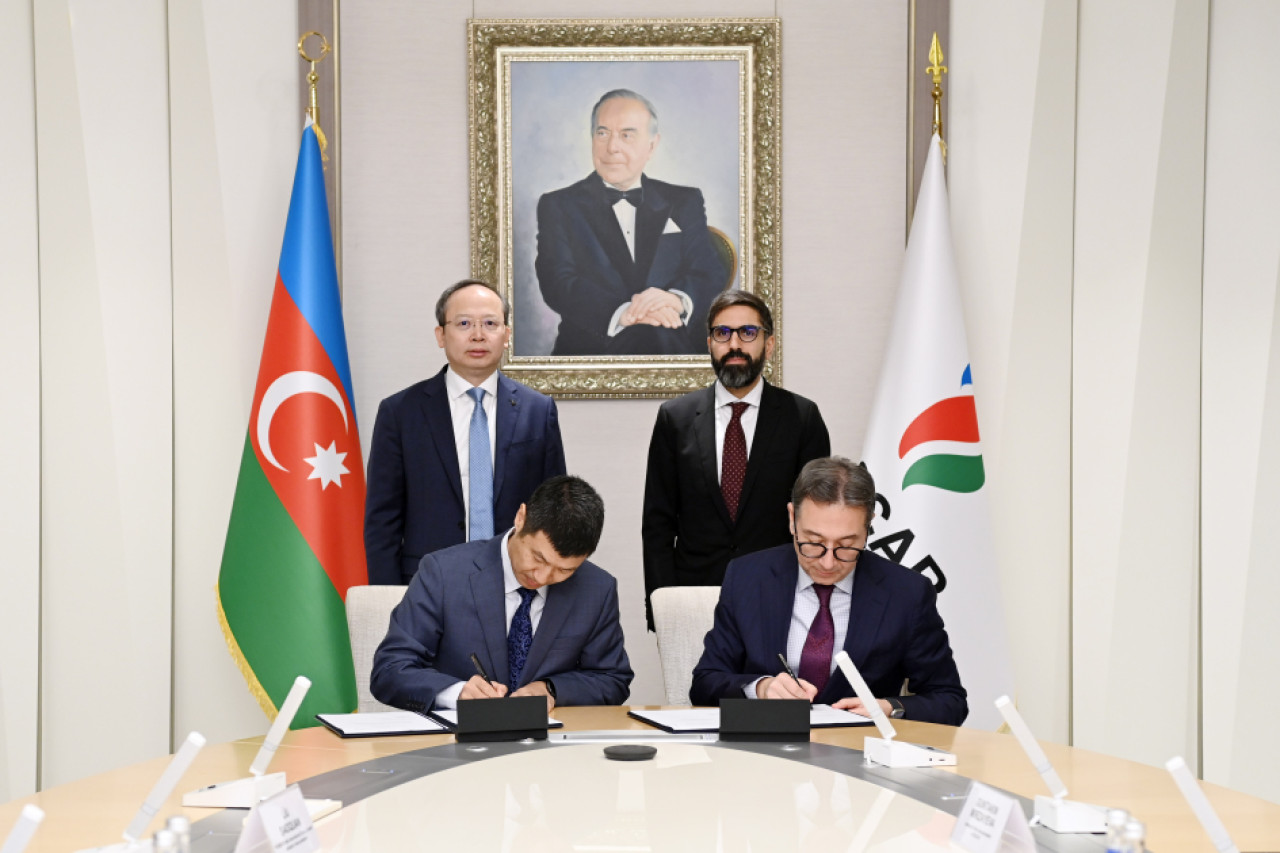
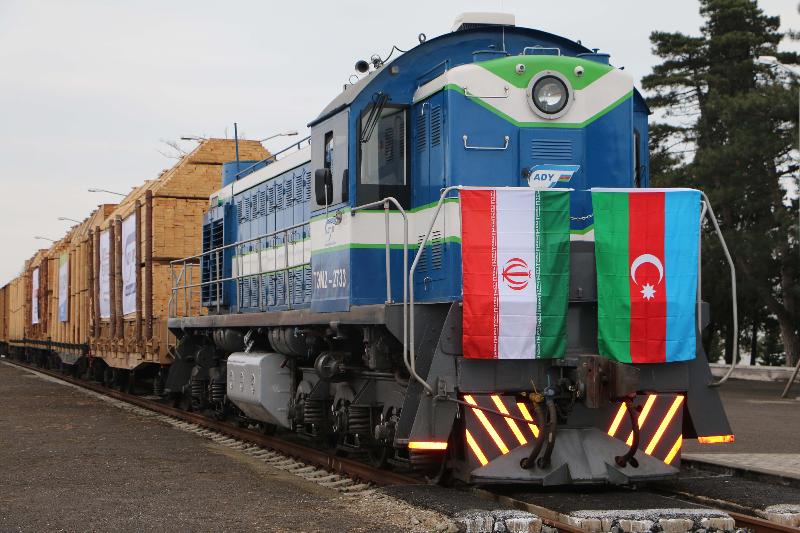
_released_the_first_ever_sustainability_report_bneGreen_Cropped_(1).jpg)



